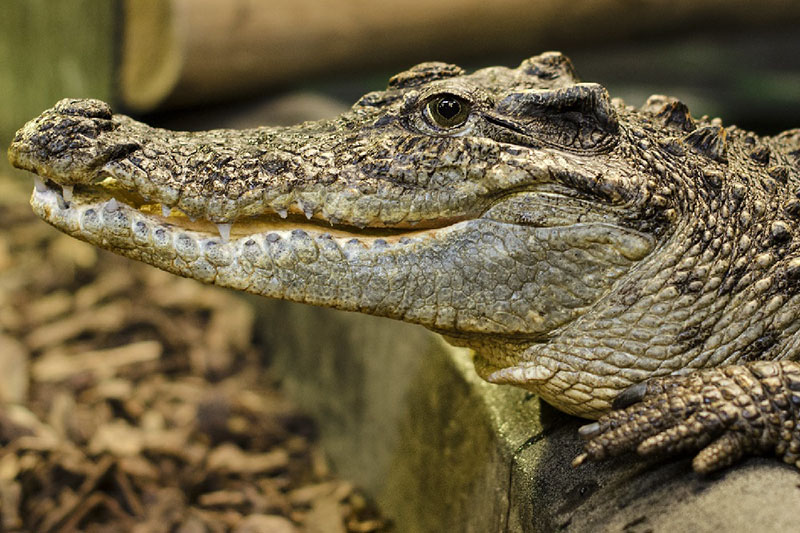As Australians absorb the damning evidence from inquiries into local casinos, Transparency International Australia has identified the nation as a favourite location for international money launderers.
Some casinos in Australia and the ‘dirty money made clean’ through them have been used as part of larger global operations involving drugs and people trafficking as well as wildlife and environmental crimes.
In its report, Asian roulette, the Geneva-based international research group, the Global Initiative (GI), has identified the Asia-Pacific as the world’s largest and fastest-growing market for online and casino-based gambling.
Some casinos in Australia and the ‘dirty money made clean’ through them have been used as part of larger global operations involving drugs and people trafficking as well as wildlife and environmental crimes.
Alex Simpson, a criminologist from Macquarie University in Sydney, says money laundering or making ‘dirty’ money appear as if it comes from a clean source, is a massive global industry. The United Nations Office on Drugs and Crime estimates the value of local crime proceeds laundered each year in Australia to be more than $13 billion.
Despite the extensive public revelations about crime in casinos, there is considerable concern about the lack of individual accountability.
Hubs for illegality
Nicole Rose, head of AUSTRAC, Australia’s financial and anti-money-laundering regulator told The Guardian that law enforcers need to make far more money-laundering prosecutions for Australia to be seen as taking this crime seriously enough.
Associate professor Charles Livingstone of Monash University told the ABC that: “Clearly, individuals have been complicit in these companies’ breaches of regulation, Australian law, state law and, in some cases, international law, and haven’t been held to account.”
The GI report’s authors say the driver behind the proliferation and demand for casinos in Southeast Asia and the rest of the region is the Chinese appetite for gambling opportunities prohibited in mainland China.
According to Interpol, environmental crime and animal trafficking are increasingly lucrative illegal markets, in part because they are not taken as seriously as other organised crimes by law enforcement and criminals can take advantage of a lack of regulation and scrutiny.
“It is reasonable to expect the continued convergence between casinos and multiple forms of environmental crime alongside other illegal activities which will consolidate the role of casinos as hubs for illegality,” they say.
Asian roulette looks in the main at the proceeds of environmental crimes such as wildlife poaching and smuggling and illegal logging that are being increasingly laundered in casinos around the world.
Environmental crimes, they write, have flourished since Covid-19 lockdowns, and have become harder to trace with the rise of online gambling and the use of cryptocurrencies.
According to Interpol, environmental crime and animal trafficking are increasingly lucrative illegal markets, in part because they are not taken as seriously as other organised crimes by law enforcement and criminals can take advantage of a lack of regulation and scrutiny.
The international policing agency says organised crime is continuously evolving in response to socioeconomic, political and ecological changes in the world: “By shifting their operations, organised crime groups are able to diversify into new illegal markets, including animal markets.”
Favoured location
The GI report finds that, globally, casinos can have a series of damaging environmental impacts, from deforestation – that may be required to build the establishment in the first place – to operational activities such as the sale of protected and endangered species on some of their restaurants’ menus.
It’s sad to think wildlife such as the Siamese crocodile may be driven to extinction because of a widespread tolerance of ‘green’ crime enabled in part by money laundering in casinos.
Around the time the GI report was released, London Zoo displayed a handbag made from the skin of a Siamese crocodile that was seized in 2018 at a London airport noting that: “Many like this one, are hunted for their skins as part of the illegal wildlife trade.”
The Zoo has no live exhibits of the animal as there are estimated to be no more than 1,000 left in the wild. The International Union for Conservation of Nature’s Red List says it is critically endangered, and the exhibit aims to highlight the impact the illegal trade in wildlife is having across the world.
The crocodile handbag is a sad product of these environmental crimes. Proceeds are laundered through casinos as international gangs look for under-regulated countries in which to wash money. And according to Transparency International, Australia has become a favoured location for these activities.
It’s sad to think wildlife such as the Siamese crocodile may be driven to extinction because of a widespread tolerance of ‘green’ crime enabled in part by money laundering in casinos.
This article first appeared on The Strategist, the website of the Australian Strategic Policy Institute (ASPI), and is republished here with permission.
 Georgina Kenyon is a freelance journalist who has worked as head of editorial at The Climate Group and as a senior writer and researcher for scientific and environmental organisations in Australia and the Asia-Pacific.
Georgina Kenyon is a freelance journalist who has worked as head of editorial at The Climate Group and as a senior writer and researcher for scientific and environmental organisations in Australia and the Asia-Pacific.
Picture © Mark Fox/Flickr


